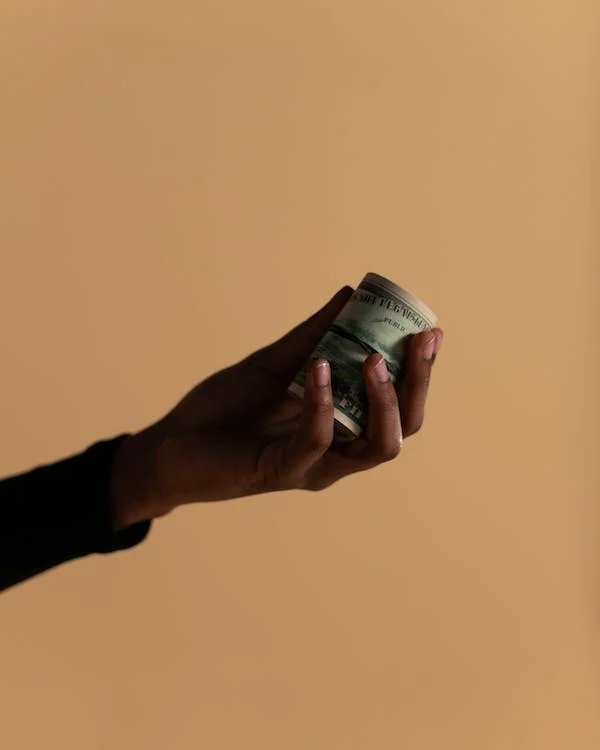Time for New Yorkers to Prepare Their Winter Energy Blueprint
Governor Kathy Hochul is proactively urging New Yorkers to gear up for the winter season by ensuring their homes and businesses are well-prepared to stay warm and energy-efficient. In her commitment to supporting residents and businesses, Governor Hochul is highlighting the array of programs and resources available across multiple state agencies and authorities. These initiatives are designed to help New Yorkers effectively manage energy consumption, reduce electricity and heating costs, and enhance comfort during the colder months through weatherization and energy efficiency improvements.
“As temperatures drop, we are taking steps to ensure that New Yorkers have the necessary support to manage their energy needs efficiently and are well-informed about the resources at their disposal in case of extreme weather conditions,” stated Governor Hochul. She also emphasized the critical role of utilities and fuel suppliers in strategizing to meet consumer demands, enhancing communication, and being prepared to respond promptly to emergencies and unexpected service interruptions.
New York State offers a variety of programs through agencies such as the New York State Energy Research and Development Authority (NYSERDA), Department of Public Service (DPS), Office of Temporary and Disability Assistance, and Division of Homeland Security and Emergency Service. These programs are particularly beneficial for families with low or moderate incomes, helping them stay warm during high-energy consumption periods.
Key programs and initiatives include:
- Home Energy Assistance Program (HEAP): Starting November 1, eligible homeowners and renters can apply for HEAP, which provides up to $976 in assistance based on income, household size, and heating method. For instance, a family of four with a maximum monthly gross income of $5,838 can qualify. More information is available on the NYS HEAP website.
- Energy Affordability Program/Low Income Bill Discount Program: This program offers monthly electric and/or gas bill discounts for income-eligible consumers, along with other benefits depending on the utility’s program. Automatic enrollment is available for those receiving government assistance benefits. Details can be found on utility websites or via DPS Winter Preparedness links.
- Community-based Service Programs: Organizations like the American Red Cross, Salvation Army, and United Way provide financial aid, counseling services, and emergency utility assistance. Contact numbers for these organizations are available for further information.
- Energy Efficiency Actions: NYSERDA provides energy-saving tips and home energy efficiency programs for residents, homeowners, and businesses. The EmPower+ program offers reduced cost or free energy upgrades for income-eligible customers. Homeowners are also encouraged to check with local gas and electric utility companies for discounted products and services.
- New York Energy Advisor: This service helps income-eligible New Yorkers find energy-saving programs, offering a customized list of assistance options in the State. It connects consumers with offers on heating assistance, utility bill payment help, and more.
- Home Heating Safety: The Department of Environmental Conservation (DEC) advises against connecting occupied buildings to wells producing natural gas due to safety risks. Oil heating users are encouraged to inspect fuel storage tanks for leaks or spills before the heating season.
Additionally, New York State’s utilities and home heating fuel providers are reminded to ensure adequate fuel reserves and contingency plans. They are tasked with informing customers about assistance programs, warming centers, and emergency services like master plumbers for frozen pipes. Utilities are also coordinating with the New York Independent System Operator and major power generators to ensure preparedness for the winter heating season.
Governor Hochul’s comprehensive approach underscores the importance of being well-prepared for winter, ensuring that all New Yorkers, especially those in vulnerable communities, have access to the resources and support they need to stay warm and safe.






